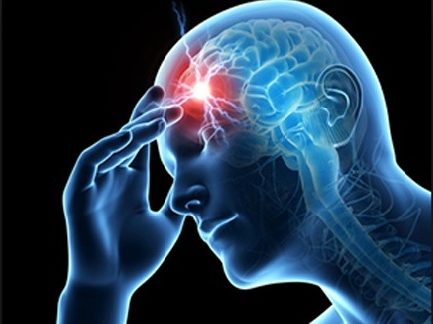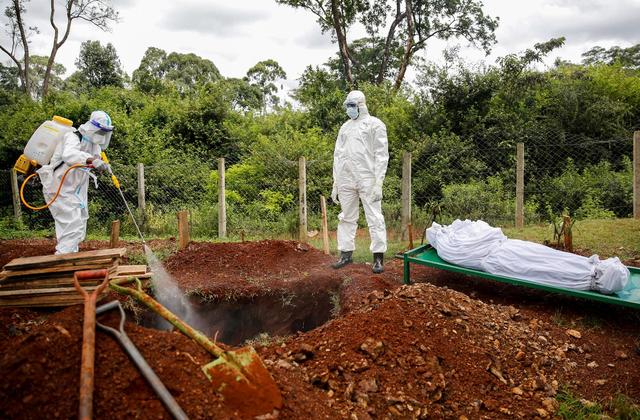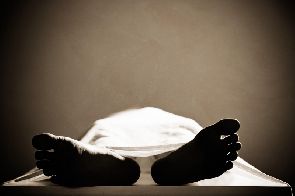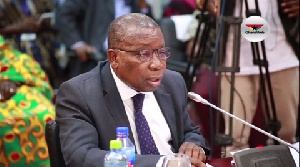Managing stroke’s effect on brain health

Stroke, often called a “brain attack” is a medical emergency that results from a disruption in blood supply to the brain. This can cause brain cell death and possible neurological abnormalities.
Perhaps while a stroke’s physical symptoms are frequently obvious, its impact on cognitive function and brain function can be just as severe and perhaps life-changing.
When a stroke happens, the brain loses oxygen and nutrients, which causes the brain tissue in the afflicted area to die. Numerous neurological deficits, such as paralysis or weakness on one side of the body, trouble speaking or interpreting language, visual issues, and alterations in sensory perception, can result from this. Furthermore, strokes can affect cognitive abilities including
memory, focus, problem-solving, and emotional control.
The size, location, and severity of the stroke, together with the patient’s age, general health, and pre-existing cognitive reserve, all influence the precise impact of the stroke on brain function and cognitive capacities. While some stroke survivors may have relatively minor deficits that go better with time and therapy, others may endure more significant and persistent problems that call for continuous care and adaption. To assist stroke patients to restore lost function, regain their independence, and enhance their quality of life, post-stroke rehabilitation is essential.
Programs for rehabilitation are customized to meet the specific needs of each patient and may involve physical therapy to increase strength and mobility, occupational therapy to restore daily living skills, speech therapy to address communication issues, and cognitive therapy to improve memory, focus, and problem-solving abilities.
Support from friends, family, and medical experts is crucial for stroke survivors as they traverse the mental, emotional, and physical obstacles of
recovery in addition to official rehabilitation programs. While healthcare providers may give direction, knowledge, and connections to resources that support the best possible recovery and well-being, social support can offer inspiration, motivation, and helpful support with everyday tasks.
It is critical to understand that stroke affects brain health in more ways than just the physical; it also affects emotional and psychological health. As they get used to changes in their skills and way of life, stroke survivors may feel depressed, anxious, frustrated, or melancholy. A key component of comprehensive stroke care is meeting these emotional and psychological requirements, which may greatly enhance the general quality of life for stroke patients and those
who are caring for them.
In summary, stroke significantly affects the quality of life, cognitive function, and brain health of afflicted people as well as their relatives. We can assist stroke survivors in overcoming the obstacles of recuperation and reestablishing their lives with fortitude, dignity, and hope by providing post-stroke rehabilitation, support, and resource access. It is important to promote all-encompassing stroke care that takes into account the many requirements of stroke survivors and encourages the best possible outcomes.
Source: dr. simon badu





